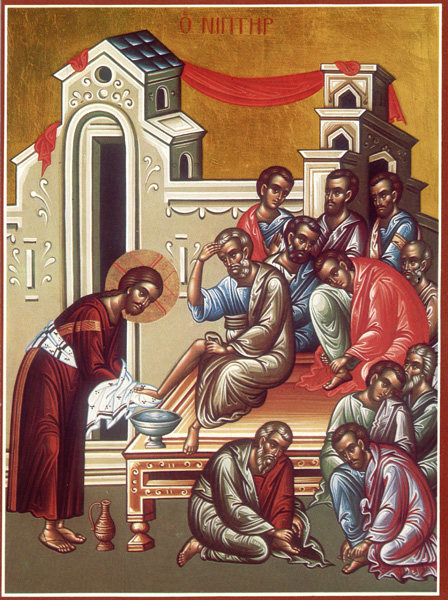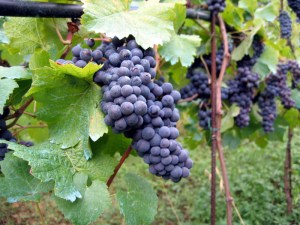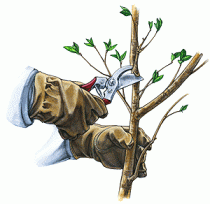More Musing on the Footwashing
April 5, 2012 § Leave a comment
It’s very interesting how liturgical dates affect us, even if they are out of sync, so to speak. Ash Wednesday did that to me (a liturgical date that is not marked within Orthodoxy, but surely happened in my heart). And now it’s Holy Thursday, one week early (in terms of the Orthodox celebration this year). Nonetheless, here I am, musing on the Foot Washing, and feeling the need to write up some thoughts I’ve been pondering for a while.

The icon above shows us the disciples taking off their sandals. Which reminds me of the Burning Bush and the words to Moses: “ Take off your shoes. For this is Holy Ground.” And since icons are part of Tradition, one has to wonder if the Icon itself is intended to remind us of Moses’ first encounter with Holy Mystery (YHWH). We certainly cannot discount that.
But actually we have no description of this in John’s Gospel. Instead, I think, we are (perhaps) reminded of the First Chapter of John, where John himself assures us, “Among you stands one whom you do not know, the one who is coming after me; I am not worthy to untie the thong of his sandal.”
So I wonder… as Jesus went from disciple to disciple, even as Peter tried to stop him, did Jesus not only wash feet but untie sandals to do so? For if untying sandals is a lowly task, how much more lowly the task of washing feet? We are left to ponder this as well, for John provides no clues.
Two things have struck me of late. The first one is a link between the Foot Washing (John, Chapter 13) and the discourse on the Vine and the Branches (John, Chapter 15). And the second relates to the kind of humility asked of us, not the kind we usually think of (to follow the example of the foot-washing in terms of our brothers and sisters), but the very command that to receive a share in the Divine Life we must hand ourselves over to the one who seeks to wash our feet, something we, like Peter, shrink from. For it is almost inconceivable to what lengths the Holy One will go in search of us, in a desire to heal and cleanse us, in an insistent yearning to unite with us, as the very Holy Ground upon which we walk and out of which we grow: An inner and outer Abiding, which is our very Life. To which we must freely submit. For it is not something we can do on our own.
So where do I get this idea that the Foot Washing (Chapter 13) connects to the Vine and Branches (Chapter 15) in John’s Gospel? Once again, while I have no command of Greek, I am told in various sources that the Greek word for “cleanse, make clean” is the same word as “prune, take away, cut off” – a term which appears only in these two chapters of John, only in reference to the foot-washing (the interchange with Peter) and the pruning of branches. Hmmm….
In Chapter 15, we are told that the pruning of the branches is the work of the Father. And that the cleansing occurs through the action of the Word:
bear fruit
15 ‘I am the true vine, and my Father is the vine-grower. 2He removes every branch in me that bears no fruit. Every branch that bears fruit he prunes to make it bear more fruit. 3You have already been cleansed by the word that I have spoken to you.
Compare this to Chapter 13 where Peter at first refuses to have his feet washed:
6He came to Simon Peter, who said to him, ‘Lord, are you going to wash my feet?’ 7Jesus answered, ‘You do not know now what I am doing, but later you will understand.’ 8Peter said to him, ‘You will never wash my feet.’ Jesus answered, ‘Unless I wash you, you have no share with me.’ 9Simon Peter said to him, ‘Lord, not my feet only but also my hands and my head!’ 10Jesus said to him, ‘One who has bathed does not need to wash, except for the feet, but is entirely clean. And you are clean, though not all of you.’
And what is this share we receive through the washing? I think Chapter 15 provides a clue:
4Abide in me as I abide in you. Just as the branch cannot bear fruit by itself unless it abides in the vine, neither can you unless you abide in me. 5I am the vine, you are the branches. Those who abide in me and I in them bear much fruit, because apart from me you can do nothing.
7 If you abide in me, and my words abide in you, ask for whatever you wish, and it will be done for you. 8My Father is glorified by this, that you bear much fruit and become my disciples. 9As the Father has loved me, so I have loved you; abide in my love.
12 ‘This is my commandment, that you love one another as I have loved you.
Once again, the “LOVE Command” (in relation to the Vine and Branches) – already stated in Chapter 13 after the Foot Washing (following an announcement of Jesus’ coming glorification):
34I give you a new commandment, that you love one another. Just as I have loved you, you also should love one another. 35By this everyone will know that you are my disciples, if you have love for one another.’
And underlying all of this, I think, the singular and amazing point, underscored in Chapter 15, in connection with the Love Command:
16You did not choose me but I chose you. And I appointed you to go and bear fruit, fruit that will last…
The foot-washing, it seems to me, emphasizes an almost maternal care and love, including even the description of the Beloved Disciple resting on Jesus’ breast, together with an insistence that we, too, beloved disciples, must accept this painstaking, attentive care, turning ourselves over (in an almost childlike dependency) to an indwelling and personal intimacy, wherein the Divine Life permeates and transforms us. And I think that the allusions (within the foot-washing) to the Vine and the Branches, together with the command to go and bear fruit, suggests our spiritual priesthood, where the pressed fruit  is at times spoken of in Hebrew as the blood of the grape.
is at times spoken of in Hebrew as the blood of the grape.
So, yes, I’ve been pondering….
But there is yet one more aspect to the Foot Washing, which complements and extends what I’ve already said. (And by no means have I exhausted the meaning of this Chapter!) For the foot-washing is preceded by an interesting comment:
3Jesus, knowing that the Father had given all things into his hands, and that he had come from God and was going to God, 4got up from the table, took off his outer robe, and tied a towel around himself. 5Then he poured water into a basin and began to wash the disciples’ feet and to wipe them with the towel that was tied around him.
Now the wonderful thing about scripture, to my mind, is how words, phrases, verses, whole stories in one place resonate with other parts of scripture. (Like the ringing of a bell I once heard as if I my whole self was also resonating.) And while I cannot assure you that the quote I am about to make really does fit with the words in bold above, nevertheless, given the connections between Jesus as Word (present at the Creation we are assured from John’s Prologue) and Old Testament descriptions of Wisdom‘s power and role within creation itself, there is something cosmic going on here – at this banquet:
1 All wisdom is from the Lord,
and with him it remains for ever.
2 The sand of the sea, the drops of rain,
and the days of eternity—who can count them?
3 The height of heaven, the breadth of the earth,
the abyss, and wisdom—who can search them out?
4 Wisdom was created before all other things,
and prudent understanding from eternity.
6 The root of wisdom—to whom has it been revealed?
Her subtleties—who knows them?
8 There is but one who is wise, greatly to be feared,
seated upon his throne—the Lord.
9 It is he who created her;
he saw her and took her measure;
he poured her out upon all his works,
10 upon all the living according to his gift;
he lavished her upon those who love him. (Sirach 1: 1-10)

Leave a comment